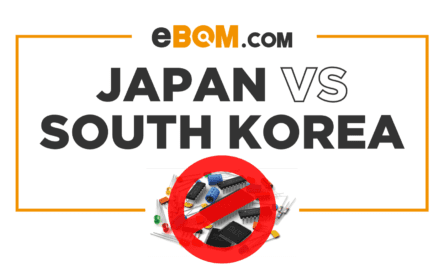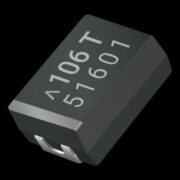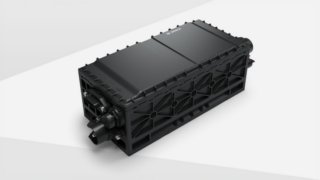You may have heard of the tense trade row between Japan and South Korea within the last few weeks. If you haven’t, here is a quick recap.
The BBC suggests that there has been tension between Japan and South Korea for a little while now. This is suggested because last year South Korea ordered Japanese firms to pay compensation to Koreans over forced wartime labour due to long running tensions. However, we just don’t know whether that court ruling has anything to do with the current trade row.
It all started when Japan’s Ministry of Economy, Trade and Industry (METI) in Tokyo created export restrictions on certain industrial materials. Some of these materials were fluorinated polyamide, photoresists and hydrogen fluoride etching gas which are vital for making semiconductors and display screens. Japan is a dominant producer of the materials. As you can imagine, South Korea was not too happy about the restrictions as those substances are in high demand. According to HIS Markit, SK Hynix and Samsung Electronics (based in South Korea) exported roughly 60% of global memory components in 2018. As well as this, it has been said in reports that METI is considering whether to remove South Korea from a ‘white list’. This would result in licences being required to export technology-based products to South Korea. This would widely affect South Korea’s economy.
Already, BBC quoted that ‘Sales of Japanese cars in South Korea fell sharply last month as a bitter trade row been the two countries provoked a consumer backlash.’.
How Will This Trade Row Effect the Electronics Industry in the Future?
I believe that the trade row will not only impact South Korea’s electronics industry, but the electronics industry globally. If South Korea is unable to access vital materials in order to create their semiconductors and display screens, this will result in longer lead times and a decrease in component sales. Perhaps this will cause the price of semiconductors and display screens to increase? Not only this, the electronics industry will be impacted due to distributors receiving less components from South Korea to sell.
The restrictions which Japan has imposed don’t fully block the sale of materials. However, the sales will cause Japanese exporters to require licences to sell the products to South Korea. This will impact the electronics industry as large companies based in South Korea such as Samsung will have slower production times causing a ripple effect for distributors and buyers. According to DBS economist Ma Tieying “The ripple effects on the regional electronics supply chains cannot be underestimated,”.
Nevertheless, this trade row may be beneficial for South Korea despite no longer being able to rely on Japan to import materials. This could make South Korea more independent due to the force to create materials such as fluorinated polyamide, photoresists and hydrogen fluoride etching gas on their own soil. According to the BBC ‘On Monday, the South Korean government outlined plans to invest around $6.5bn (£5.3bn) to try to develop products and materials which it currently buys from Japan.’ However, this trade row could not affect their economy at all as they could import the materials elsewhere from Japan.
By Amy Leary










